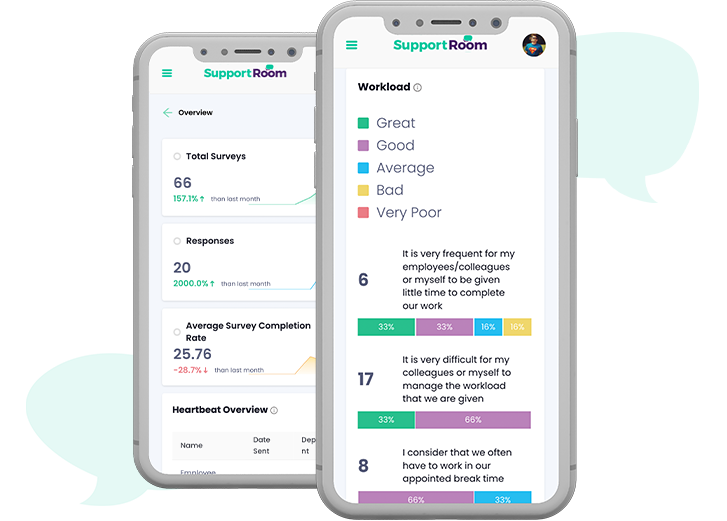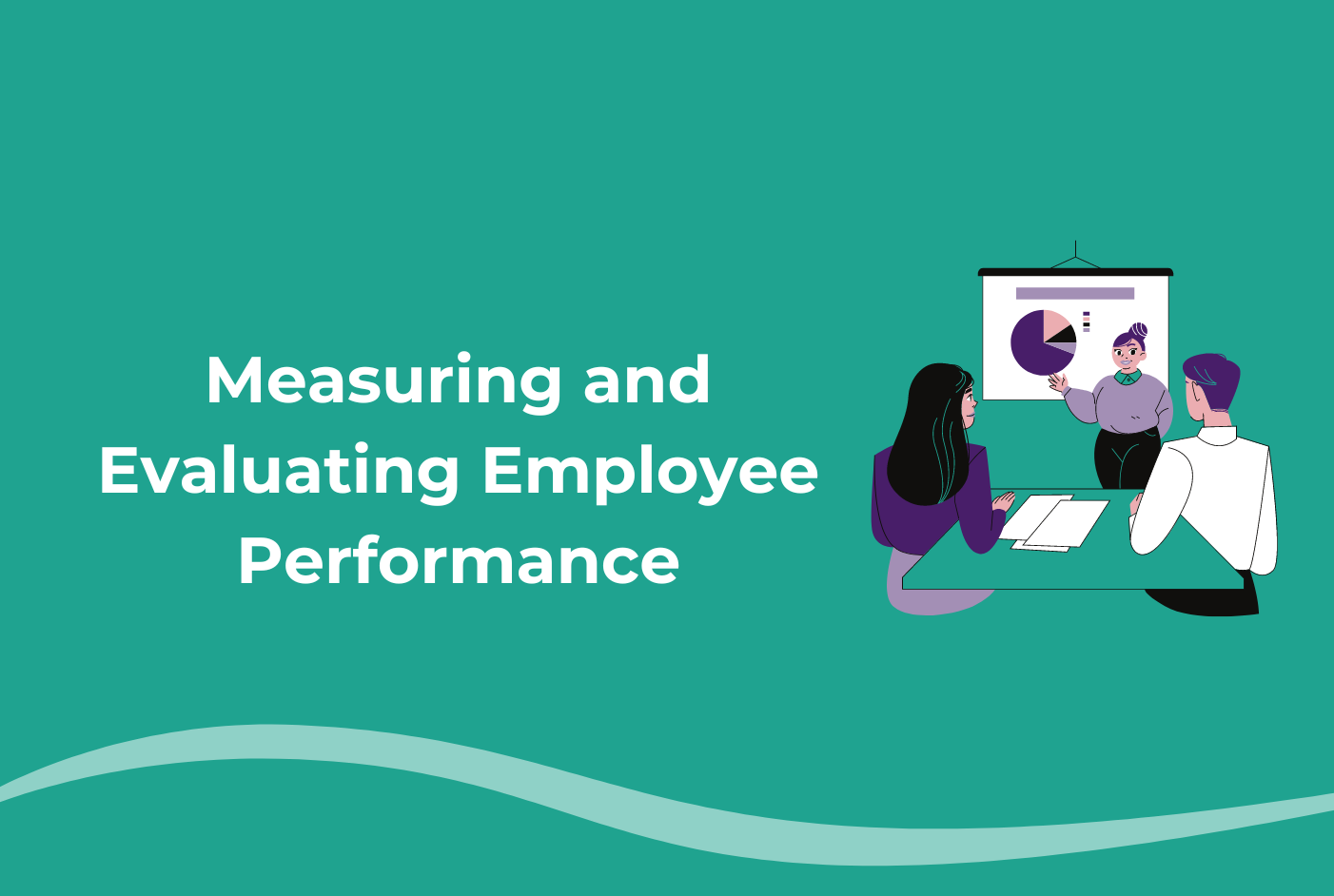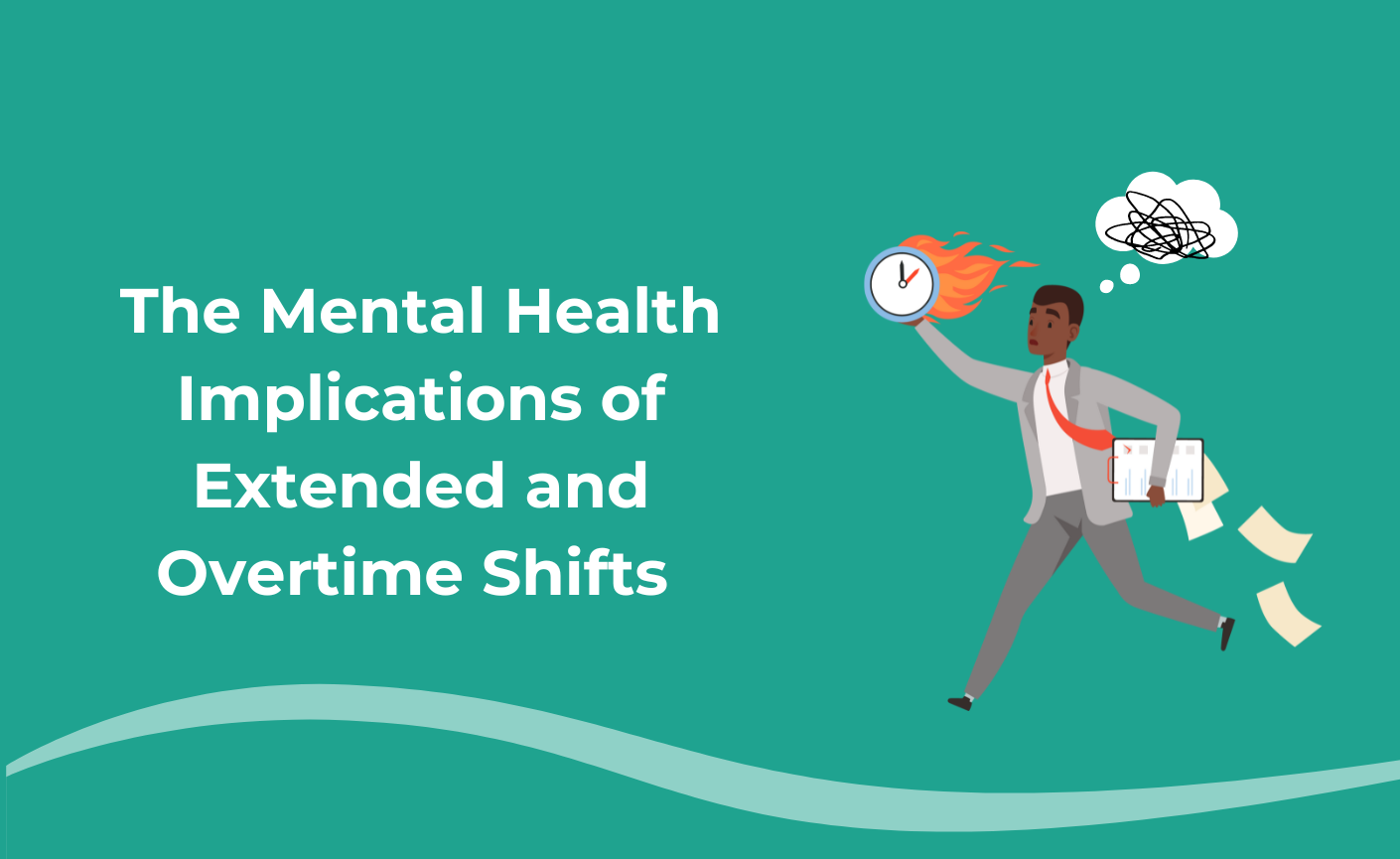It’s great that we now dedicate a whole month, Movember, to raising awareness of male mental health problems. It’s a fun way to get this issue out in the open. Have you tried growing a beard or moustache to show your solidarity with men’s mental health issues?
Unfortunately, mental health problems don’t fit neatly into the space of a month. So what about the rest of the time? Read on to find out more.
How widespread are male mental health problems?
It’s a grim statistic, but in 2019, 5,691 men took their own lives. That accounts for three-quarters of all deaths by suicide in 2019. Most deaths were among men aged 45 to 49. And according to the government’s National Wellbeing Survey, this is the age group that reports being the least satisfied with their lives.
Of course, not every man with a mental health problem will be driven to such desperate action. But those statistics give us an insight into the scale of the crisis in men’s mental health.
However, men are generally more reluctant to talk about their health, especially their mental health. For many men, a mental health problem is a sign of weakness or something that’s caused by a lack of self-control. It’s an embarrassment. So instead, they choose to suffer in silence.
MIND found that only 17% of men in a survey would be willing to go to a counsellor compared to 22% of women. And men make up only 36% of people accessing NHS talking therapies through the Improving Access to Psychological Therapy programme.
Do male mental health problems affect society as a whole?
The short answer is ‘yes’. Mental health problems at work don’t just stay in the workplace. They affect every aspect of your life – especially now that many of us are working from home.
Homeworking or ‘blended working’ can lead to feeling that you’re ‘always on’, leading to a poor work-life balance. Hobbies and other social interactions are the first to be pushed out of an unbalanced schedule.
Moreover, if mental health problems are disrupting your sleep, your relationships at home are going to suffer even more.
When experiencing poor mental health, men often use poor coping strategies like drinking too much alcohol or abusing other drugs. They can also be more prone to emotional outbursts – even violent ones.
This can be a recipe for family breakdown, and if this happens, men are more likely to have to leave the family home. This can result in further isolation and a loss of support networks.
Men’s Mental Health Forum looked at the connections between this and broader social problems. And as you can see, sadly, these issues don’t just crop up in November/Movember.
- 73% of ‘missing’ adults are men.
- 87% of rough sleepers are men.
- Men are three times more likely than women to become dependent on alcohol.
- More than 60% of drug-related deaths are among men.
- 95% of the prison population is male, and 72% of these prisoners have two or more mental health issues.
- Men are almost 50% more likely than women to be detained and treated under the Mental Health Act.
- Men commit 86% of violent crime and they are twice as likely to be the victims of violent crime.
You don’t have to be an analyst to see that underlying mental health issues are at the root of these problems. These social ills are a symptom of undiagnosed male mental ill health, and we need to act urgently. Not just in Movember.
So what kind of mental health problems affect men?
The most common mental health problems which can affect men are:
- Depression.
- Anxiety.
- Stress.
- Work-related conditions like burnout.
- Obsessive/compulsive disorders.
- Eating disorders.
- More serious conditions like psychosis and schizophrenia are, fortunately, rarer.
And what are the causes of male mental health problems?
As we’ve already mentioned, men don’t like admitting that they are struggling with their mental health. And this comes down to the conditioning that they experience regarding their place in society.
Even in 2021, there are still so many stereotypes around what it means to be a man. Traditional gender roles dictate that men are strong, steady and good providers – but what if you’re not able to be like that? Are you still a ‘real’ man?
Many of us are addicted to our phones these days. But 37% of men also said that their state of mind is negatively affected by social media. And 23% of younger men said they were worried about their appearance.
These fears get magnified on social media, where poor responses on dating apps can crush self-esteem and lead to anxiety and depression. Ghosting is another very damaging experience that increases feelings of rejection, loneliness and isolation.
But if men won’t talk about their mental health problems, how can they get help?
It seems that men would prefer using technology to help them when experiencing a mental health problem. MIND asked men what would make it easier for them to seek help and their answers revealed a positive response to online solutions:
- 27% wanted online support and information.
- 15% wanted complete anonymity.
- 12% wanted easy and flexible access to support day or night.
- 11% wanted help away from their GP surgery.
- 6% wanted telephone support.
And these statistics describe precisely the type of mental health support that SupportRoom provides. So, why not read on to learn more about what we can do for you and your organisation?
How can SupportRoom help my company?
At SupportRoom, we offer employee therapy for small to medium businesses. Our platform allows employees to receive therapy on-demand from a dedicated, qualified therapist.
Our SME Employee Support platform is designed to give insightful data that allows your employees to track their progress and monitor their own mental and physical health.
Book a free demo here.

Gain FREE access to Heartbeat
Get a free Heartbeat Survey.
Let us uncover the true state of your team’s wellbeing with a free mental health survey for your entire organisation.
Gain valuable insights to see how you can better support your team’s mental health and performance.
No pitch. No credit card required.

Gain FREE access to Heartbeat
Get a free Heartbeat Survey.
Let us uncover the true state of your team’s wellbeing with a free mental health survey for your entire organisation.
Gain valuable insights to see how you can better support your team’s mental health and performance.
No pitch. No credit card required.






